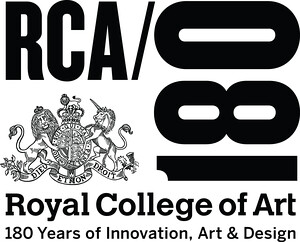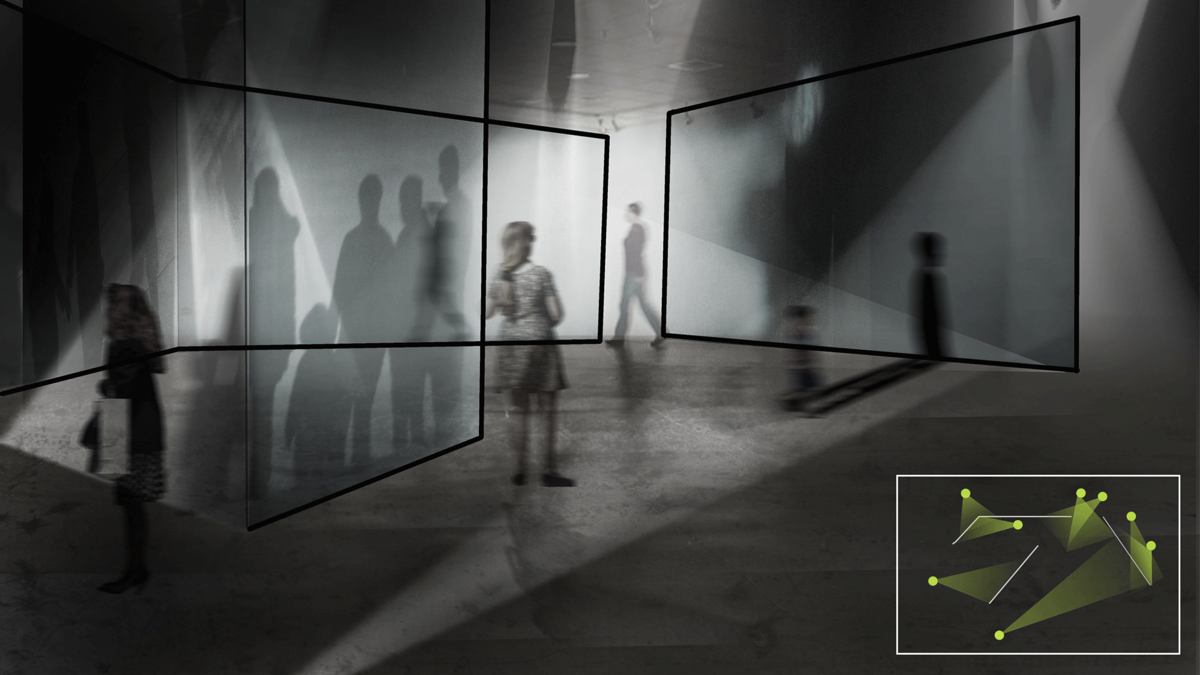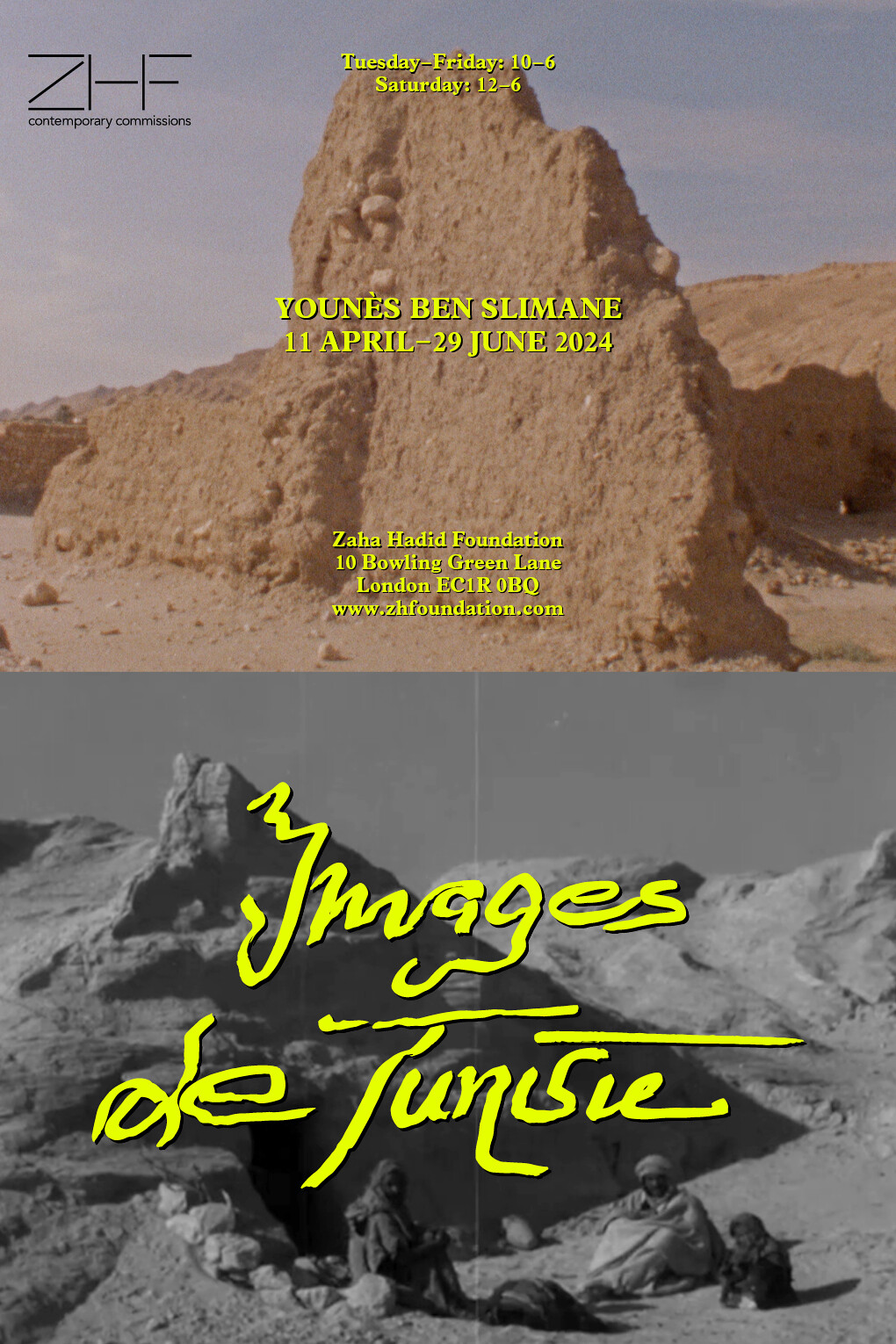Kensington, Battersea, White City
London SW7 2EU
United Kingdom
From September 2017, a new Digital Direction MA programme will focus on media and storytelling in the digital era. Centring on the interrelated domains of broadcasting, film and experience, it will address emerging issues in contemporary digital communication and the creative economy. Professor Neville Brody, Dean of the School of Communication, explains more:
Why has this programme been developed?
The RCA Digital Direction MA programme acknowledges that content has shifted and is subject to very different forms of engagement. It’s multi-linear, multi-platform, multi-user but also multi-creator. The way we engage with media is completely different. It is multi-environment, so you might experience it in a shopping mall, or on your TV or phone, or in the middle of the street on a lamp post.
This shift has been enabled by the advent of digital technology. Digital isn’t the focus but it’s the catalyst. Digital allows you to make, curate, distribute and share. It also allows multiple entry points; it is not an isolated experience anymore.
There is a very important area of convergence between film, television, brand experience, and areas like publishing, art and other forms of storytelling, even journalism. The programme sits in the middle of that.
Who has helped to develop the programme?
The programme grew out of a conversation with the BBC about who they would be looking to employ in 10–20 years’ time to develop content. We are talking to expert advisors from very different areas, including companies like IBM and individuals in film production and directing. We found that even though these industries are quite discrete and separate they are all looking for the same kind of creative leadership.
What is unique about studying Digital Direction at the RCA?
We are bringing a sense of convergence. Most other courses are more specialist and vocational, whereas we are bringing a much more critical and experimental approach to the subject. We will be innovating and helping to determine what this industry is, by defining the kind of professional leading it.
How does it compare with any competitor programmes in the market?
There isn’t really a direct comparison, there is nothing that is as hybrid and convergent as Digital Direction. Other places run good programmes in film and television, but they are not as all encompassing.
Time based media is at the heart of the programme, because so much media now is driven by time based content. But time based could also mean reading a narrative, or a transmedia story where you step outside the screen to other media and forms. We believe in a truly interactive approach, where you are not just choosing from a set of predefined responses. The future of storytelling will be much more open.
Who is the programme aimed at?
Digital Direction students will come from a wide range of backgrounds. Some will come directly from first-degree programmes in design and broadcasting, while others may join the programme with professional experience in industry, or from backgrounds including television and film-making, experience design, graphic design, animation and interaction design.
Who can students expect to be taught by?
There will be a dedicated senior tutor in place and I’ll be leading the design of the course and some of its delivery. Visiting lecturers, specialists from industry, will be inputting to shape the programme through industry engagement and projects.
What type of work or fields might graduates go on to work in?
Graduates will go on to work in a range of fields. This might include immersive cinema or virtual reality development; working in learning, or social and community environments; or working for newspapers, defining the future of news and content delivery.
The kinds of professions they might go into include producer, director, photographer or cameraman, scriptwriter, designer, or working in coding and programming. Students will leave equipped with a wide range of skills – that are all heavily in demand.
Click here to find out more about Digital Direction and how to apply.




